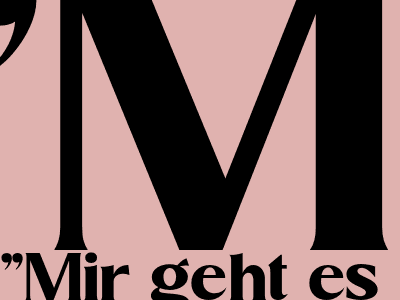
"I'm Doing Great": "Bares für Rares" Star Fabian Kahl Responds to Reports of His Own Death
Fabian Kahl, a popular expert on the German antiques show "Bares für Rares," has taken to social media to refute rumors of his own death.
The rumors began circulating online after a fake news article claimed that Kahl had died suddenly at the age of 58. The article, which was published on a website known for spreading false information, quickly went viral on social media, causing concern among Kahl's fans.
In response to the rumors, Kahl posted a video on his Instagram account in which he appeared to be in good health and spirits. "I'm doing great," he said in the video. "I'm alive and well, and I'm not going anywhere."
Kahl went on to say that he was "deeply saddened" by the rumors of his death. "It's really hurtful to see something like that about yourself," he said. "I don't know who started this, but it's not true."
Kahl's fans were relieved to see that he was alive and well. Many of them took to social media to express their support and to condemn the spread of false information.
"I'm so glad to see that you're okay," one fan wrote on Instagram. "I was really worried when I heard the rumors."
"This is a reminder that we should never believe everything we read online," another fan wrote. "It's important to be critical of the information we consume, especially when it comes from questionable sources."
The spread of false information about celebrities' deaths is a growing problem. In recent years, there have been numerous cases of fake news articles claiming that famous people have died, often from sudden or mysterious causes.
These rumors can be harmful to the celebrities themselves, as well as to their fans. They can cause unnecessary stress and anxiety, and they can damage the celebrities' reputations.
It is important to be aware of the problem of fake news and to be critical of the information we consume online. We should always check the source of the information and look for corroborating evidence before we believe it.
If we see something that seems too good to be true or too shocking to be believable, it is probably best to be skeptical.